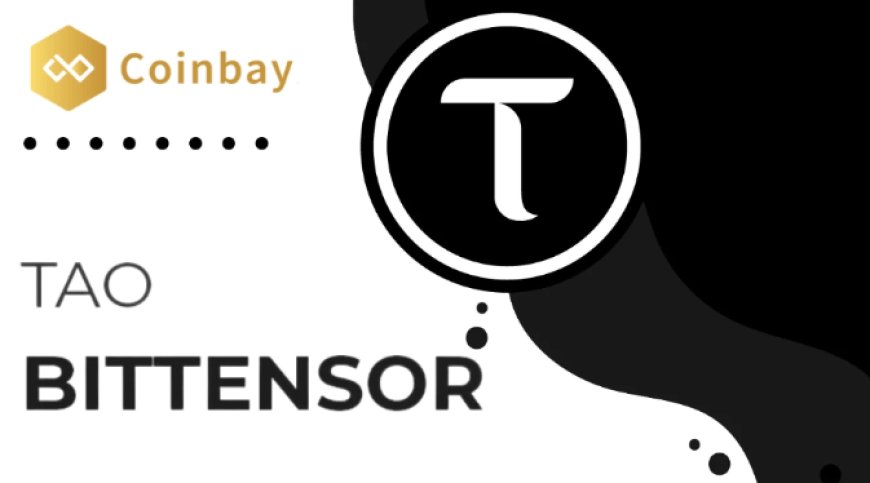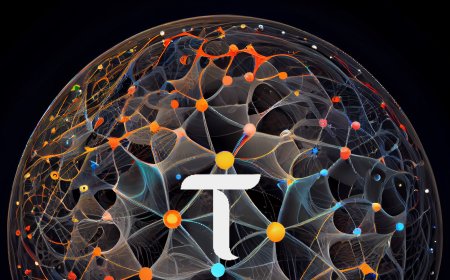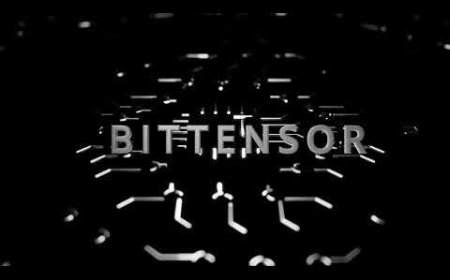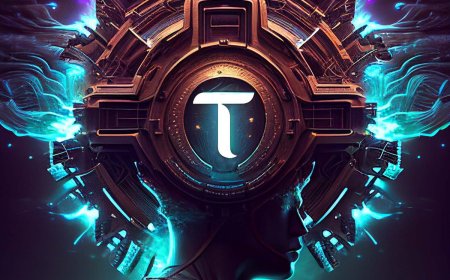Exploring BitTensor's Journey: Decentralization, Subnet Development, and Future Innovations

Introduction
BitTensor is at the forefront of decentralized computing and artificial intelligence (AI), and one of its key figures is Caro, a foundational contributor to the BitTensor community. In this article, we explore Caro's journey, his insights on subnet development, and the future of decentralized AI on the BitTensor platform.
Background and Involvement
Caro's fascination with decentralized peer-to-peer networks led him to discover BitTensor in 2020. As he dove deeper into the project, his passion for decentralized technology grew, and in 2021, he officially joined the BitTensor foundation. Caro has since played a crucial role in scaling the network, contributing to innovations that are essential for optimizing BitTensor's infrastructure.
Evolution of Decentralized Technology
Throughout the years, peer-to-peer systems have evolved, and Caro highlights how BitTensor addresses several challenges in decentralized networks, such as cost-efficiency, speed, and security. BitTensor's design prioritizes affordability and high-speed operations, making it a viable platform for future decentralized applications.
Subnets and Innovations
One of Caro's key contributions to BitTensor is the development of subnets. These subnets have proven essential in scaling the network by optimizing compute resources. Subnets ensure that BitTensor can grow and accommodate more users without sacrificing efficiency, which is critical for the platform’s future applications, particularly in AI-driven systems.
Caro's AI Journey
Caro's journey in AI began with early attempts at app development and reinforcement learning. His enthusiasm grew as he worked on projects like language models and even experimented with game development, such as Flappy Griff. His excitement about the future of AI in decentralized platforms, particularly through BitTensor, has driven him to continue pushing the boundaries of innovation in this field.
BitTensor's Role and Vision for AI
As part of the foundation, Caro has seen BitTensor evolve from a small AI-focused project into a powerful decentralized compute platform. The foundation initially bootstrapped BitTensor, focusing on language models and research. However, the long-term vision is to create a fully decentralized AI ecosystem where applications can flourish without the need for traditional centralized systems.
BitTensor-Powered LLM Inference on Cil
One of the most exciting applications of BitTensor is its use on Cil for large language model (LLM) inference. Currently, BitTensor runs LLMs across over 200 nodes, with plans to expand by creating more subnets for specific functions, including LLMs and function calling. This development points to a future where decentralized AI systems can handle complex tasks at scale.
Function Calling on BitTensor
The team is also building a function calling subnet that will allow users to perform tasks using natural language input. For example, a user could query the system to find a product, and the system would gather the relevant data through decentralized APIs. This level of flexibility and innovation is setting BitTensor apart from other decentralized networks.

Generalized Web Indexing and the Open Internet
Caro envisions a future where BitTensor can offer decentralized, open-source search capabilities through generalized web indexing. By bypassing third-party APIs and web scraping, BitTensor could create a publicly accessible, decentralized index of the web, revolutionizing the way users access information.
Technical Enhancements and Multi-Language Support
As part of the technical evolution, BitTensor's team is working on abstracting the Python Axon API to allow for other programming languages such as Rust and Go. This enhancement will make indexing and processing faster and more efficient, providing greater flexibility for developers building on the BitTensor network.
Building Subnets for Broader Utility
To ensure broad applicability, Caro and the team are focused on building subnets that are flexible and abstracted, allowing developers to leverage APIs created on Cil. This design ensures that the infrastructure can scale beyond a single platform, offering wider utility for developers across multiple fields.
Overcoming Web Indexing Challenges
One of the challenges BitTensor faces is handling web indexing at scale. The team has had to overcome issues like filtering irrelevant content and managing Python’s limitations in large-scale data storage and processing. However, the continuous development of subnets and improved coding languages is addressing these hurdles.
Potential Incentive Model for Developers and Miners
A proposed incentivization system could further improve network efficiency. In this model, miners and subnets would be rewarded for accurate, high-quality responses to user queries. By linking rewards to performance, this system could elevate the overall output of BitTensor’s decentralized network.
Exploring New Hardware with Tiny Box
Caro is also excited about the hardware potential of decentralized networks. He mentions the Tiny Box project, a compact, powerful computing device developed by George. Tiny Box could decentralize networks further by offering affordable, high-performance computing at home, which could revolutionize BitTensor mining and training AI models.
BitTensor's Long-Term Vision
The future of BitTensor is bright, with the platform aiming to decentralize large language models and compute power. Caro envisions a world where users can train their own models at home, customize consensus protocols, and scale the network beyond its current limitations.
Challenges and Future Growth
While the path forward presents challenges, particularly in managing network disruptions and ensuring scalability, BitTensor's community is poised to overcome these obstacles. As hardware becomes more accessible and affordable, Caro believes the open-source community will thrive, pushing the boundaries of decentralized AI development.
Conclusion
BitTensor is evolving into a decentralized compute platform, and with contributors like Caro, the future looks incredibly promising. As BitTensor continues to scale and innovate, the platform could play a pivotal role in the decentralization of artificial intelligence, making compute power faster, cheaper, and more accessible to a global audience.
Source : @The Bittensor Hub.
















